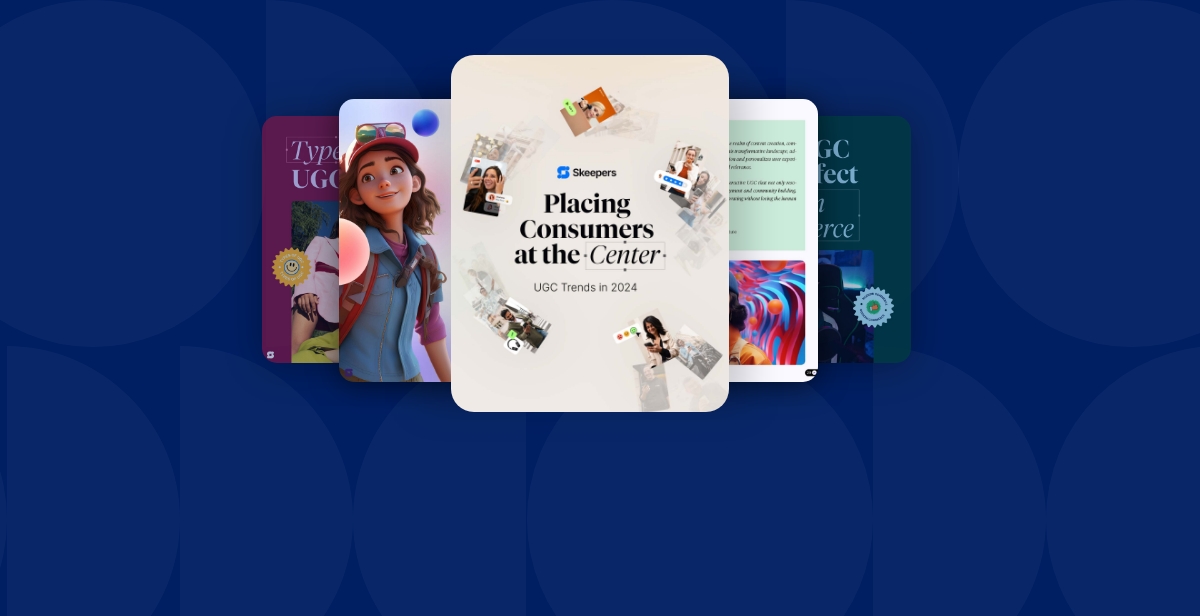63% of CRM initiatives fail because departments and channels are disconnected, preventing the easy sharing of common customer information which, consequently, forces marketers and sales reps to work with incomplete customer knowledge. Despite the fact that 53% of organizations surveyed consider a holistic view of the customer to be a priority, 57% of marketers admit...
63% of CRM initiatives fail because departments and channels are disconnected, preventing the easy sharing of common customer information which, consequently, forces marketers and sales reps to work with incomplete customer knowledge.
Despite the fact that 53% of organizations surveyed consider a holistic view of the customer to be a priority, 57% of marketers admit they are unable to obtain this view because their customer knowledge infrastructure is lacking entirely, separated by channel, or not well integrated. Forbes has found that, on average, organizations use 36 different data-gathering systems and vendors for their marketing efforts.
As a result, these businesses lack a single view of the customer, a 360-degree profile developed with up-to-date customer knowledge gathered from all channels and departments. Missing customer data, data redundancies, silos, and difficulties with tracking data across multiple systems typically hampers these businesses.
Unfortunately, they are unable to profit from the numerous benefits a single view of the customer provides, benefits which include:
- More effective and efficient marketing campaigns.
- Increased ability to cross-sale and up-sale.
- Improved customer satisfaction.
- Better customer understanding.
- Personalized customer support.
Businesses unable to develop a clear, 360-degree view of their customers – and share that information with all departments – are undeniably at a disadvantage. According to Forrester, these businesses only work with, on average, 12% of all the customer knowledge they actually possess, which means they are missing out on data-driven insights which would no doubt lead to improved customer service and revenue.
Enhancing your 360-Degree View with Smart Surveys
To guarantee a complete and accurate 360-degree view of each customer, you must consider the following:
- The Past View: This shows the customer’s history of purchase transactions, web-site browsing and in-store activity, and customer-support interactions.
- The Present View: This view will change depending upon the channel – social media, website, in-store – and context with which a customer interacts with you. Data includes not only channel information but also current customer sentiment, location, and needs.
- The Predictive View: This view, a result of your analysis of both the past and the present, helps you determine what additional products or services the customer is likely to need in the future. It also gives you an idea of whether or not the customer is likely to abandon you and, if so, what you might do to prevent that from happening.
Integrating smart survey capabilities into a centralized, easily accessible CRM database further improves your ability to understand who your customers are, where they are coming from, and where they are going. Surveys will enable you to:
- Gather feedback in real time while impressions are fresh in the minds of your customers.
- Focus on specific points in the customer journey, making it easier to fix any areas of friction that might impact customer satisfaction.
- Improve your ability to know how you can best meet your customers’ needs in the future.
Smart surveys are a crucial form of proactive communication, providing a reliable means with which to develop a better read on your customers. In a 2014 study of technology-enabled business initiatives, Gleanster found that companies which employ CRM software that pro-actively engages customers increased communication by 68%, improved customer support efficiency by 65%, and increased predictive capabilities by a 56%.
Each time your customer interacts with your business, whether its via phone, email, or point of transaction, that information is recorded in your CRM software, which gives you all the data you need to implement a more personalized experience. But integrating feedback tools into your CRM enables you to develop even deeper insights, the reason why 68% of businesses have made customer feedback and relationship management a primary investment target.
Your Customers Will Appreciate the Effort
Customers expect businesses to deliver a superior experience, one which takes into consideration their exact needs and wants. And customers understand that to accurately know what their needs and wants are, a business must reach out to them in a proactive way.
In fact, recent research shows that customers take for granted and even appreciate that a business will ask for their feedback. In a 2015 survey of nearly 1,200 people worldwide:
- 8 out of 10 people believe that brands today listen to customers more than they did 10 years ago, and simply expect businesses to provide opportunities to give feedback.
- 62% of respondents said they are more likely to purchase from a business that asks for their opinion.
- 56% claim to be more loyal to a brand that asks for their feedback.
In other words, customers are more willing than ever to share their impressions about a business, impressions which are a business’s greatest asset. Integrating those impressions into a centralized CRM will provide a more comprehensive picture of your customers, a clearer 360-degree view which makes it easier to understand who your customers are, what they need, and how to maintain their loyalty.








